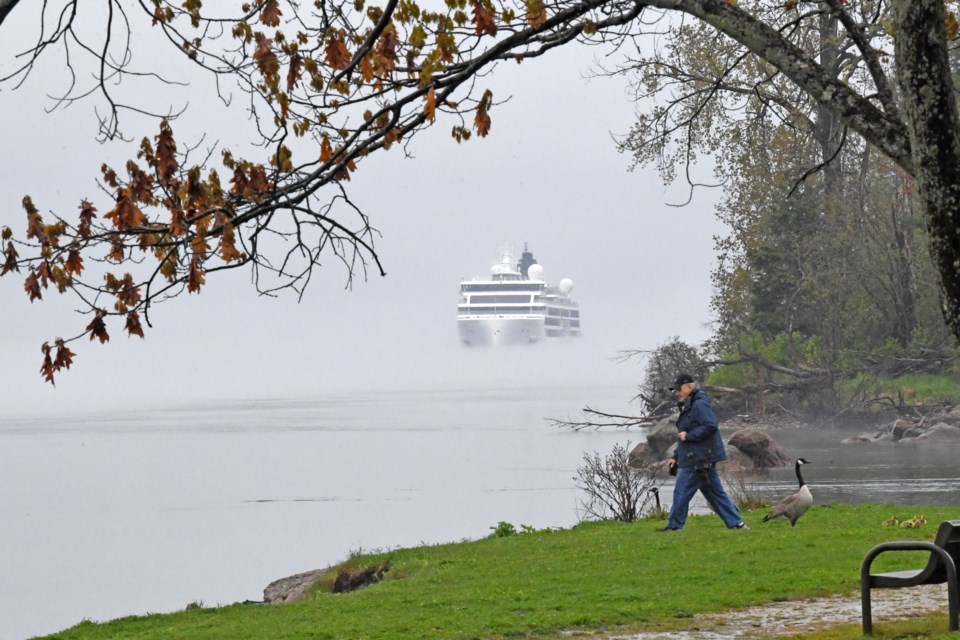While they already work together in some ways, the Great Lakes Fishery Commission (GLFC), the Great Lakes Commission (GLC), and International Joint Commission (IJC) formally signed a memorandum of understanding on Wednesday.
The goal of the agreement is to set a "clear path for advancing the commissions' existing shared goals and objectives."
The signing comes just ahead of Thursday's annual Great Lakes Day Celebration.
A full release on the signing follows:
In a ceremony held today, the Great Lakes Fishery Commission (GLFC), the Great Lakes Commission (GLC), and International Joint Commission (IJC) formally signed the first-ever memorandum of understanding between them. The agreement sets a clear path for advancing the commissions’ existing shared goals and objectives, such as developing a Great Lakes science plan, coordinating science vessel activities, and promoting annual Great Lakes Day events.
Each commission plays a different but complementary role in Great Lakes management and represent important stakeholders in advancing sound policies and projects. The IJC helps Canada and the United States prevent and resolve issues over the use of the waters they share, including through the Great Lakes Water Quality Agreement; the GLC represents the interests of the Great Lakes provinces and states on priority issues; and the GLFC ensures fishery management is based on science and highly coordinated among the state, provincial, and U.S. tribal jurisdictions in the basin.
“The GLC is excited to formalize our existing relationship with the other Great Lakes commissions,” said Erika Jensen, executive director of the GLC. “Together we can build upon our decades of coordination to further a strong regional economy and healthy environment, and to achieve the balanced and sustainable use of Great Lakes-St. Lawrence River basin water resources.”
"Our three commissions, although having different mandates and missions, very much benefit from joining forces to achieve our shared objectives: Great Lakes restoration and management based on rigorous science," said Marc Gaden, executive secretary of the GLFC. “While we have worked well together for decades, this MOU steps up our level of collaboration and renews our commitment to each other to seek synergies, share information, and support each other’s work."
“This MOU strengthens existing partnerships to create an even greater position of strength for all three commissions,” said Heather Stirratt, director of the Great Lakes Regional Office of the IJC. “Having the additional insights and perspectives from experts at the three commissions will set us all on a clearer path for advancing the goals and objectives of the Great Lakes Water Quality Agreement and other work to the benefit of all in the region.”
The agreement was signed following the Semiannual Meeting of the Great Lakes Commission, and in advance of Thursday’s annual Great Lakes Day celebration, including the Great Lakes Day Congressional Breakfast Reception. This event will feature remarks by regional leaders and members of Congress who play a critical role in shaping Great Lakes policies.
